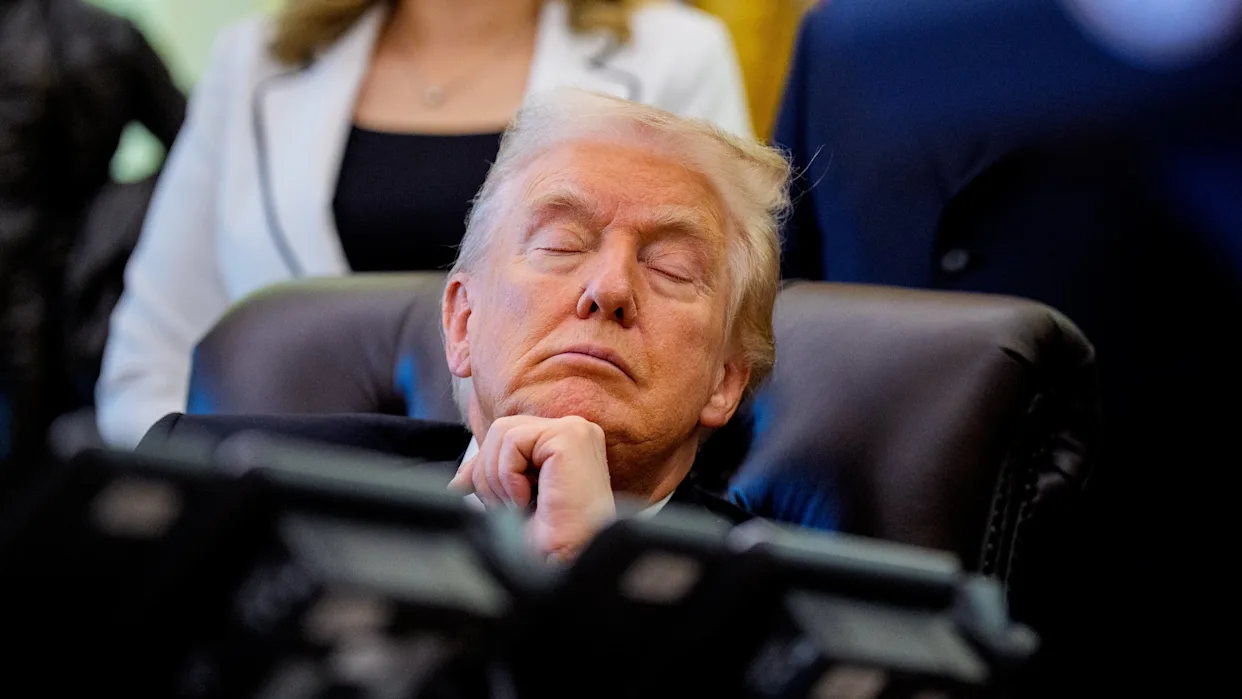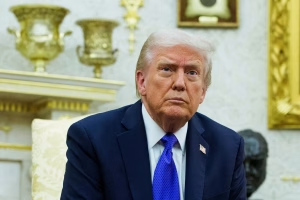A recent set of internal U.S. government memos has triggered global debate after embassy staff and visa officers worldwide were instructed to apply new health-based screening criteria for foreign applicants seeking entry to the United States.
Officials confirmed that the updated guidelines emphasize medical and financial self-sufficiency as a condition for visa approval, marking a major shift in how the U.S. immigration system evaluates applicants.
The directives, sent earlier this month to U.S. embassies and consulates abroad, cite the need to ensure that newcomers “will not become a public charge” — a phrase historically used to assess whether applicants might depend on government-funded care.
Health as a Deciding Factor
According to a memo reviewed by KFF Health News, visa officers are now required to weigh an applicant’s overall health status as part of the eligibility process.
The document lists several medical conditions that should be considered during review, including cardiovascular diseases, respiratory illnesses, cancer, diabetes, metabolic and neurological disorders, and certain mental health conditions.
One section of the memo also references obesity, describing it as a risk factor for long-term health complications that can “require hundreds of thousands of dollars in care.”
Applicants may now be questioned about their ability to cover such costs without relying on U.S. public assistance. The memo even includes suggested language for interviews, such as:
“Does the applicant have adequate financial resources to cover the costs of such care over his or her expected lifespan without seeking government assistance?”
A Broader Immigration Shift
For many observers, the new guidance signals a continuation of Washington’s effort to link immigration eligibility more closely with financial independence.
Legal analysts note that while similar policies have existed in various forms for decades, the current iteration appears significantly broader in scope — and potentially more subjective.
Under the new approach, applicants’ medical records and even the health of their immediate family members may be considered when determining visa eligibility.
“That’s troubling,” said Charles Wheeler, an attorney with the non-profit Catholic Legal Immigration Network. “Consular officers aren’t medically trained. They shouldn’t be making projections about someone’s future health based on their own personal assumptions or bias.”
Wheeler also pointed out that the policy could contradict existing provisions in the Foreign Affairs Manual, which prohibits denying visas based solely on hypothetical future health costs.
Reactions Abroad
News of the memo quickly spread across social media, sparking concern among potential immigrants and international advocacy groups.
Some described the new measures as a “fitness test” for entry into the United States, while others questioned how officials would determine what constitutes a disqualifying condition.
Medical experts, meanwhile, warned that the policy could disproportionately affect applicants from developing countries, where access to preventive healthcare is limited and medical documentation may be inconsistent.
“This could effectively penalize people for where they were born,” said Dr. Emily Harris, a global health policy researcher at Johns Hopkins University. “Even applicants with manageable conditions could be denied entry if officers interpret the rules narrowly.”
White House Endorsement
The guidelines, though distributed quietly, were soon confirmed by the U.S. State Department. In a statement to Fox News, spokesperson Tommy Pigott said the change was part of a broader effort by the administration to “put the interests of the American people first.”
Pigott emphasized that the goal is to prevent the U.S. healthcare system from assuming the cost of foreign nationals’ medical treatment.
“This includes enforcing policies that ensure our immigration system is not a burden on the American taxpayer,” he said.
It was only after Pigott’s remarks that the origin of the new policy became clear — the directives were issued under President Donald Trump, whose administration returned to the White House in January and has since pursued a series of tougher immigration measures.
A Familiar Policy Approach
Trump’s renewed focus on immigration reform echoes similar moves from his first term, when his administration introduced public charge rules requiring applicants to prove financial stability. Those earlier rules were later rolled back but have now reemerged in modified form.
Immigration attorneys say the inclusion of health conditions like obesity, diabetes, and mental health issues is unprecedented in its scope.
“This takes things further than before,” Wheeler said. “You’re talking about potentially millions of people being evaluated not just on income, but on BMI, medical history, and perceived health risks.”
Potential Global Impact
Analysts estimate the policy could affect a broad range of applicants — from students and temporary workers to permanent residents and family-based visa seekers.
For some, even minor medical conditions could complicate approval if officers determine treatment might pose a future financial burden.
“This could alter migration patterns entirely,” said Dr. Harris. “If implemented strictly, it would discourage applicants with chronic health conditions from even trying to apply.”
Critics argue that the move conflates healthcare with immigration, creating a de facto “health-based exclusion” system that could violate international human rights principles.
Supporters counter that it reflects a practical approach to managing the costs of healthcare and immigration simultaneously.
“Every country has a responsibility to protect its taxpayers,” said Robert Caldwell, a policy fellow at the American Immigration Reform Council. “If someone is likely to require hundreds of thousands in public healthcare, it’s reasonable to assess that before granting entry.”
Next Steps and Legal Challenges
Immigration lawyers expect the policy to face swift legal challenges, especially if visa denials are tied to body weight or chronic medical conditions.
Civil rights groups have already indicated they may contest the policy on the grounds of discrimination.
Still, for now, embassies and consulates have been instructed to apply the guidelines immediately.
Applicants undergoing medical screenings — a standard step in most visa processes — may find new questions about weight, health history, and financial coverage appearing in their interviews.
What Comes Next
With the U.S. travel and work visa system already under pressure, these new criteria add yet another layer of scrutiny.
For the administration, it’s a step toward enforcing fiscal accountability. For applicants, it’s a reminder that health — and now body weight — could determine whether they’re allowed to step foot in the United States.
As the world reacts, immigration analysts say one thing is certain: the policy may redefine what it means to be “fit” to enter America.

Sarah Mitchell is a bestselling novelist recognized for her insightful and emotionally resonant stories that explore the complexities of human relationships. Originally from Denver, Colorado, Sarah grew up in a family of teachers who nurtured her curiosity and love for storytelling. She studied psychology at Stanford University, where she became fascinated by the intricacies of human behavior—an interest that would later shape her writing career. Sarah’s novels are praised for their nuanced characters, intricate plots, and ability to capture the subtle tensions that define love, friendship, and family ties. Her breakthrough novel, The Spaces Between Us, became an instant bestseller, lauded for its honest portrayal of strained family relationships and the fragile bonds that hold people together. Since then, she has published several works that continue to captivate audiences around the world. Outside of her writing career, Sarah is passionate about mental health advocacy and often partners with organizations to promote awareness and support for those struggling with emotional well-being. Her personal life is quieter—she enjoys hiking in the Colorado mountains, practicing yoga, and spending time with close friends. With each new book, Sarah Mitchell cements her reputation as a writer who illuminates the beauty and struggles of human connection.









